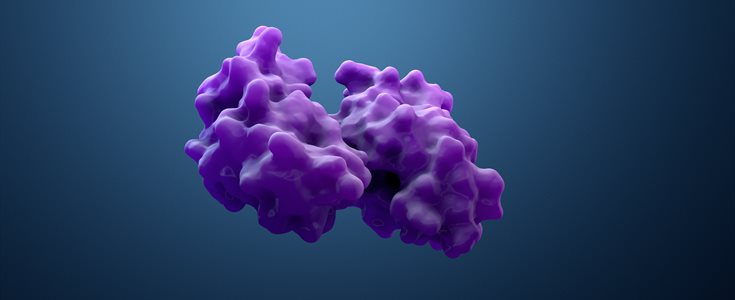Our research
Through use of the new Biodiscovery Institute facilities, we harness the wide breadth of cross-cutting science to harmonise and support key research activities aligned to modern-day therapeutics discovery and development.

Areas such as target selection and validation, lead molecule identification and optimisation, disease modelling, materials and device fabrication sit alongside experimental medicine, clinical trials, health economics, social science and medicines usage to foster a true End-to-end therapeutics research environment:
- Utilising our networks improves research quality through better andearlier surveillance of major/challenge-led grant calls, curating ready-made teams to help build competitive applications: Greater collaboration and less experimental bias fostering pioneering science
- Establishing a well-networked IRC in , we are well positioned to shape the direction of science and policy for future therapeutics. Our ready-made networks are able to respond quickly to challenge-led grant calls and we have the ability to identify champions to coordinate these bids
- Building upon established successes across the early, middle and late stages of therapeutics discovery and development, we are positioned to move through the key stages of therapeutics from concept to clinic:
1. Early pipeline: The £6 million Prosperity Fund for Sustainable Chemistry, seeking to use machine learning for better drug design via a “smarter, better, faster” approach
2. Middle Pipeline: The £10 million Centre for Membrane Proteins and Receptors (COMPARE) joint between the Universities of Nottingham and Birmingham for visualising single membrane proteins, as well as identifying new approaches for the prevention and treatment of cardiovascular disease, respiratory disease and cancer angiogenesis
3. Early-middle-late: Nottingham has strengths in biologics (antibodies, phage, vaccine development, antimicrobial proteases). This builds on a growing sector, exemplified by developments in immunotherapy cancer treatments or eye drops that reverse degeneration of sight, which are being pioneered by University of Nottingham spinout companies, Scancell and Exonate
4. Late Pipeline: The £23 million Nottingham National Institute for Health Research (NIHR) Biomedical Research Centre (BRC), which achieves patient benefit by multi-disciplinary approaches to prevent, diagnose and treat conditions across six key therapeutic themes
- Aligning with other IRCs in Digital frontiers, Health andwellbeing, Transformative technologies and Governance and Public Policy fosters joined-up research thinking and initiatives at a national and international level
Our impact
End-to-end therapeutics involves academics from a wide cross-section of disciplines and encourages a multidisciplinary approach to addressing key unmet clinical needs. With a scientific advisory board already in place, expertise from all branches of therapeutics development allows our strategy to be guided by the most compelling and innovative research within an international and industrial context, maximising potential future impact on human health and wellbeing. Working alongside organisations such as MediLink and Medicines Discovery Catapult, our research receives wider visability to more than 3,000 life science companies, helping overcome barriers to both project progression and longer term development.
Our University
The University of Nottingham is a centre of research excellence in therapeutics-based sciences and technologies covering a multiplicity of disciplines and fields. End-to-end therpeutics builds upon existing research strengths in order to further harmonise our capabilities and support novel collaborations across the University and beyond.
Contact us
Back to the top